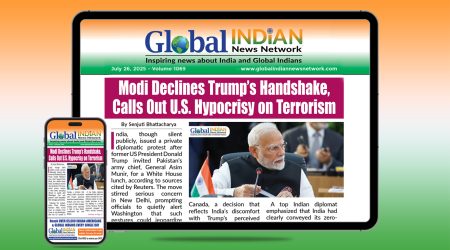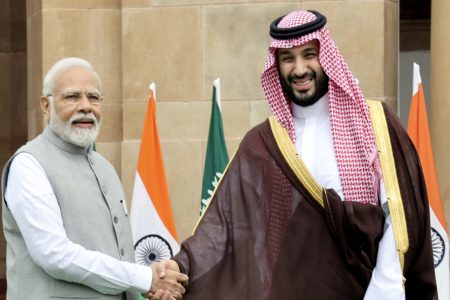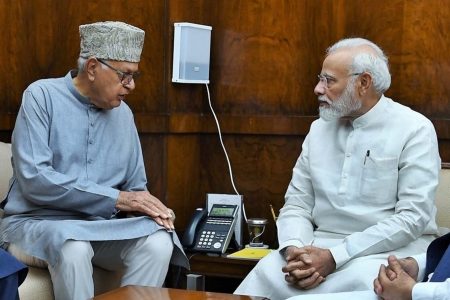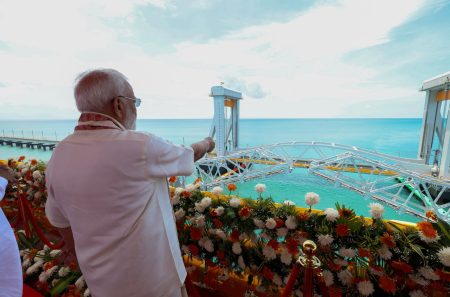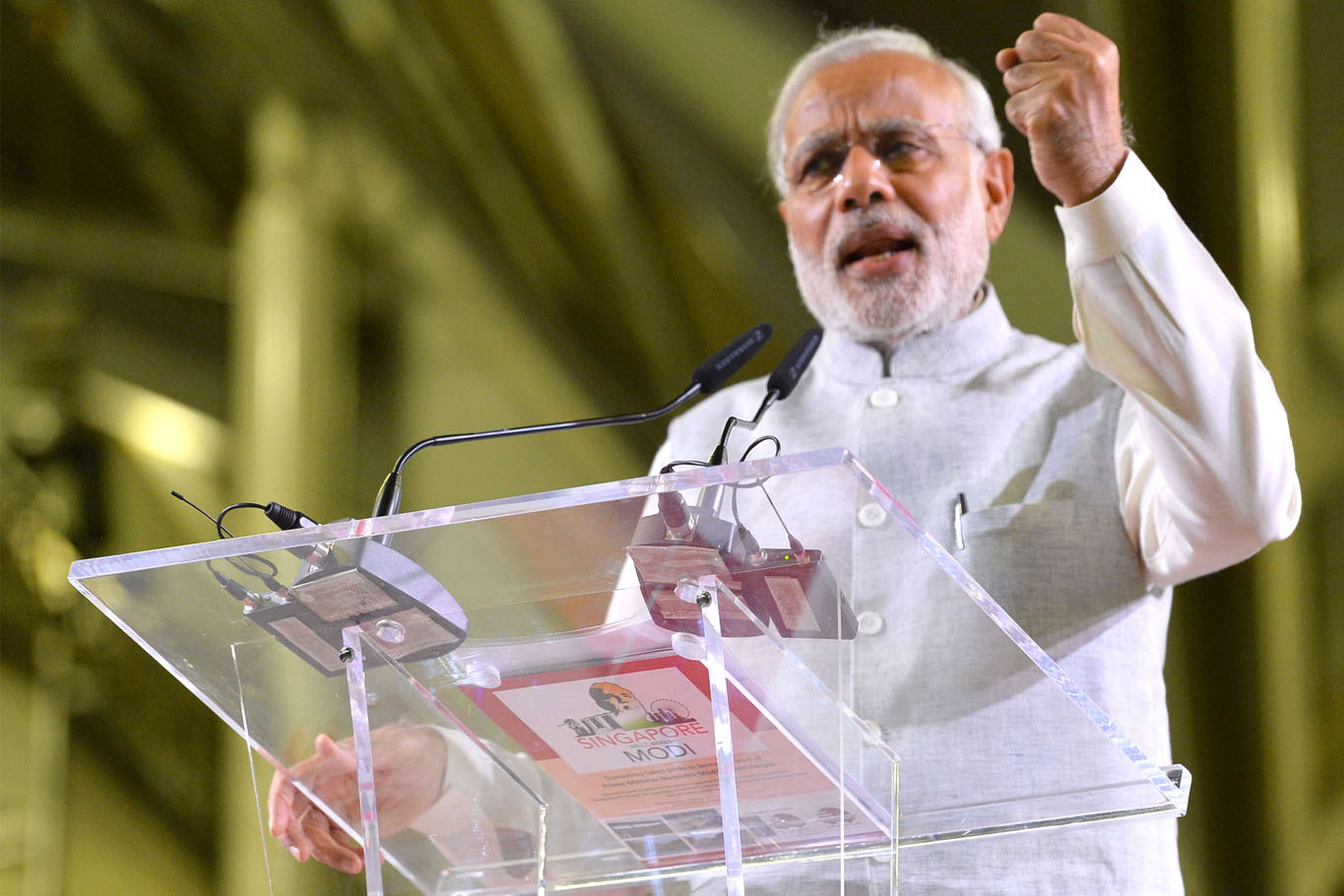
A year following India’s surpassing of China as the world’s most populous nation, its rapid economic growth and increasing global significance position it as an emerging superpower of considerable importance to both the United States and the world. Prime Minister Narendra Modi recently engaged in a dialogue with Newsweek, discussing topics ranging from India’s economic advancements under his leadership to its relations with China, environmental concerns, and criticisms regarding press freedom and minority inclusion.
Modi emphasized his government’s commitment to fulfilling promises and fostering inclusive growth through programs like “Sabka Saath, Sabka Vikas, Sabka Vishwas, Sabka Prayas” (Together, for everyone’s growth, with everyone’s trust and efforts). Despite global trends of waning government support, he noted increasing popular backing for his administration, attributing it to tangible economic progress and the trust instilled among citizens.
Addressing concerns about democracy and press freedom, Modi stressed India’s democratic heritage, citing historical precedents and high voter turnout rates as indicators of its robust democratic fabric. He affirmed the role of media as a vital feedback mechanism, countering claims of dwindling press freedom with India’s diverse media landscape.
On infrastructure development and environmental sustainability, Modi highlighted India’s significant progress, including the expansion of national highways, airports, and renewable energy capacity. He emphasized India’s commitment to combating climate change while advancing infrastructure, citing initiatives like rooftop solar programs and the National Green Hydrogen Mission.
Regarding India’s global economic position vis-à-vis China, Modi outlined transformative economic reforms aimed at attracting global investment and diversifying supply chains. He underscored India’s potential as a manufacturing hub with competitive costs and a burgeoning domestic market, buoyed by policies promoting entrepreneurship and infrastructure development.
Discussing digital payments and innovation, Modi lauded the success of the Unified Payments Interface (UPI), emphasizing its role in financial inclusion and suggesting its adoption abroad, particularly in the United States, to leverage India’s economic ties and diaspora.
Reflecting on India’s demographic dividend and efforts to sustain economic growth, Modi underscored initiatives to empower youth, foster innovation, and alleviate poverty. He highlighted the government’s welfare schemes benefiting millions and emphasized the importance of social mobility and inclusive development.
Addressing criticisms regarding minority rights and women’s empowerment, Modi asserted that India upholds equal opportunities and cited initiatives promoting gender equality and female workforce participation. He highlighted progress in maternal health, women’s representation, and economic empowerment.
On geopolitical dynamics, Modi reiterated India’s commitment to peace and cooperation in the Indo-Pacific region, emphasizing dialogue with China to resolve border disputes and advocating for regional stability. He extended goodwill towards Pakistan while maintaining silence on internal matters.
Lastly, reflecting on his leadership style, Modi emphasized the importance of listening, delegation, and positivity. He cited instances of grassroots engagement and feedback channels, highlighting the role of communication and empathy in governance.

